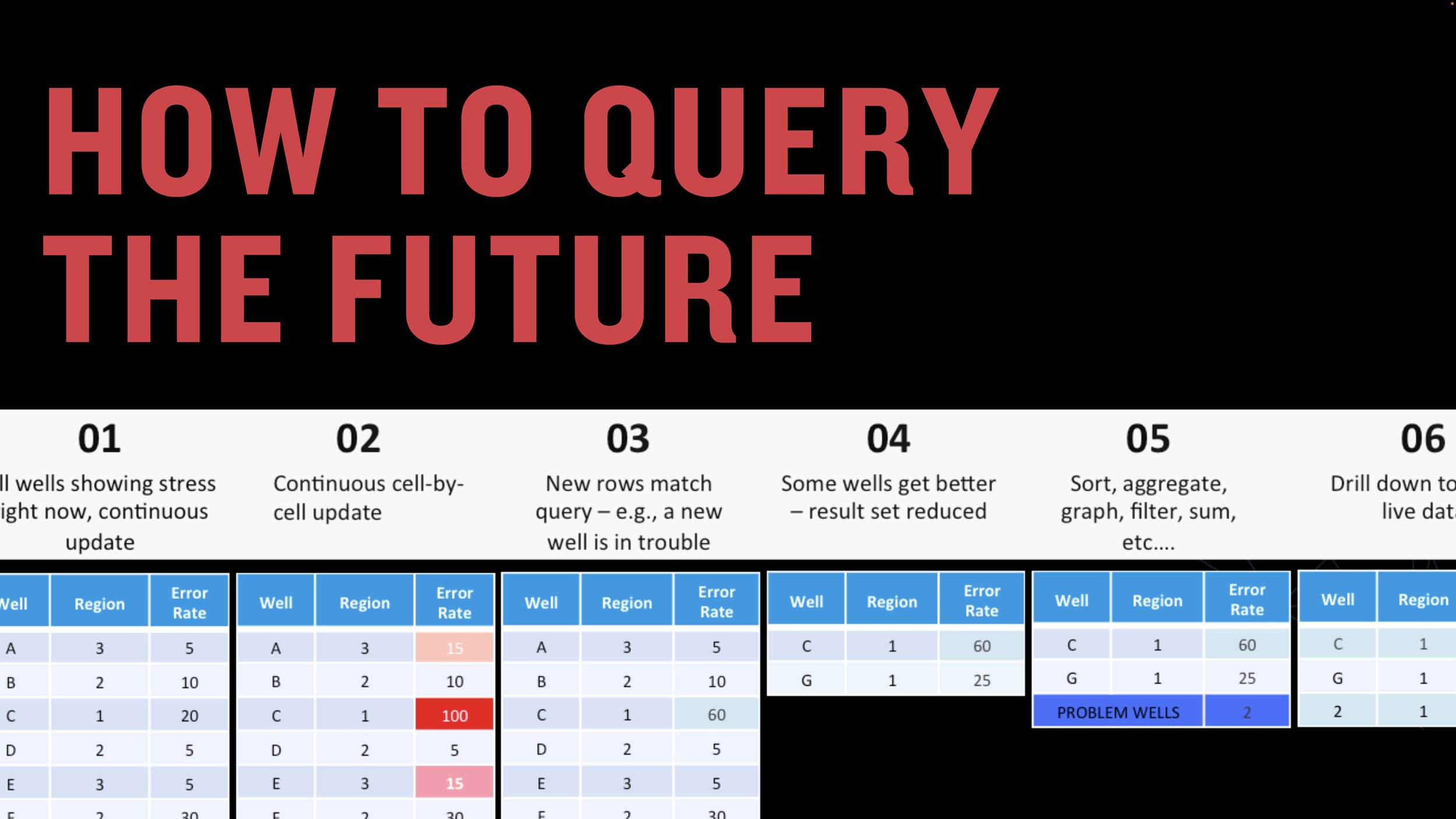Eleven Steps to Becoming a CEO
Becoming a CEO takes years of hard work, polymathic interests, help, luck, vision, and determination.
"How did you become a CEO? Did you start at the bottom or go right to the C-Suite?" The question from an aspiring entrepreneur surprised me because getting a shot at running a company took 15 years of growing, gambling, guessing, and going for it.
If you aspire to be a CEO, here are eleven things to think about.
Prepare for a decade or two. Becoming a CEO is a decade-plus-long pursuit unless you: A) start your own company or B) are born into a family business. The rest of us start at the bottom.
Start at the bottom. Start by learning your business from the ground up. If you want to run a software company, write code. If you yearn to run a movie studio, make movies. If you're going to be a pharmaceutical executive, work in a lab. Grok your business by living it.
Learn the functional pistons of the business engine. CEOs make product decisions one day, marketing decisions the next, all with economic context. So experience as many roles as you can in formative years: engineering, R&D, consulting, product management, marketing, and pay attention to the financial interplay among these functional pistons of the business engine. How do you gain this experience? Look for companies with "Tour of Duty" or job rotation programs. Or join a startup--it's easier to learn how the whole company works in a small company.
Phone a CFO friend. P&L and cash flow statements are an x-ray of your business--CEOs need to know how to read them like a doctor reading scans. Chief Financial Officers know this. There's no hiding from numbers as a CEO, and learning how a great CFO views them is essential.
Spend time selling. Selling is where the business rubber meets the road. It's the moment of truth where prospects decide to part with money or not. CEOs, ultimately, are salespeople. They are the last port of call for big deals. They must sell their business plan to the board of directors and investors. They sell their vision to their teams. So spend time in sales--it's where business springs to life.
Be a super-connector on LinkedIn, even if you're an introvert. Your connections are your network, and your network is everything. It's where you will meet like-minded teammates. Follow people you admire. Connect liberally.
Be a technology polymath. CEOs don't merely need to understand technology. They must know the art of AI, data science, analytics, data, automation, and robotics. Learn about how these technologies work and how they enable business strategy.
Get an elite education, or don't. After years of developing CEO skills, I told an investor contact about my ambition. "You'll never be a CEO," he replied and explained his preference for Harvard, MIT, and Brown grads. This bias is real, and it isn't. I became academically passionate later in life. You don't need an elite education. So, an academic glass ceiling exists, but it's breakable.
Learn to write persuasively and speak in public--a lot. The most visible and critical job of a CEO is to inspire, and the best way to ignite passion is to write and speak in public. The best speeches are ideas that develop over months or years; there's no such thing as a brilliant, spontaneous speech. Write, write, and write some more—then practice, practice, practice. Eventually, something spontaneous-sounding will hit the mark.
Study C-level behavior. Once you become a VP, you'll spend time "in the room where it happens" with CEOs. Observe them: what matters to them, how they carry themselves, how they approach decision making. Instead of asking for "mentoring" sessions, spend months preparing a plan, argument, or article and ask them for feedback on your thinking. As Mark Cuban says, "the best mentees ask the best questions." Make them count.
Do the fun grunt work forever. CEOs don't sit in the corner office even when they get one. Today, I manage tons of people, but I still copy-edit press releases, write patents and presentations and obsess over where buttons go in our product. Doing down-and-dirty detailed work is the essence of leadership—it's the good stuff, and it never stops being fun.
The path to becoming a CEO is long, challenging, and fun. Start at the bottom, grok every part of the business, learn new tools, think like a CFO, write and learn. Do the grunt work. There's no shortcut to CEO-land, but once you arrive, the fun never stops.
Appendix: My Path to CEO, in Summary
It might be helpful to show one story in a summary. It’s my path to becoming a CEO, and it went like this:
Year 0-5: Programmer at a big company
Year 5-11: Joined a startup as a sales engineer. It grew from $3M to $70M in revenue over the 6 years I was there. Startups are great because you learn every aspect of the business first-hand. I held 4 roles:
Sales engineer (managed nobody)
Manager (managed 2 people)
Customer Success Director (managed 15 people)
Channel Sales Manager (managed 5 people and $5M in revenue)
Year 11-14: CTO for a startup (it failed)
Year 14-17: General manager for a big public company
Year 18: CEO










